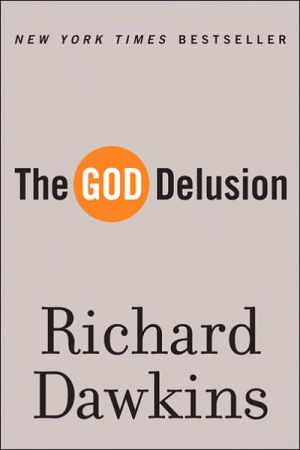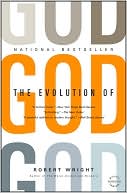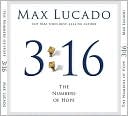God, Freedom, and Evil
In his discussion of natural theology (arguments to prove the existence of God) and natural atheology (arguments for the falsehood of theistic belief) Plantinga focuses on two of the traditional arguments: the ontological argument as an example of natural theology, and the problem of evil as the most important representative of natural atheology. Accessible to serious general readers.
Search in google:
In his discussion of natural theology (arguments to prove the existence of God) and natural atheology (arguments for the falsehood of theistic belief) Plantinga focuses on two of the traditional arguments: the ontological argument as an example of natural theology, and the problem of evil as the most important representative of natural atheology. Accessible to serious general readers.
IntroductionPart I NATURAL ATHEOLOGY a. The Problem of Evil The Question: Why Does God Permit Evil? Does the Theist Contradict Himself? Can We Show That There Is No Inconsistency Here? The Free Will Defense Was It within God's Power to Create Any Possible World He Pleased? Could God Have Created a World Containing Moral Good but No Moral Evil Transworld Depravity and Essence The Free Will Defense Vindicated Is God's Existence Compatible with the Amount of Moral Evil the World Contains? Is God's Existence Compatible with Natural Evil? Does the Existence of Evil Make It Unlikely That God Exists? b. Other Atheological Arguments Part II NATURAL THEOLOGY a. The Cosmological Argument b. The Teleological Argument c. The Ontological Argument Gaunilo's Objection Anselm's Reply Kant's Objection The Irrelevance of Kant's Objection The Argument Restated Its Fatal Flaw A Modal Version of the Argument A Flaw in the Ointment The Argument Restated The Argument Triumphant








